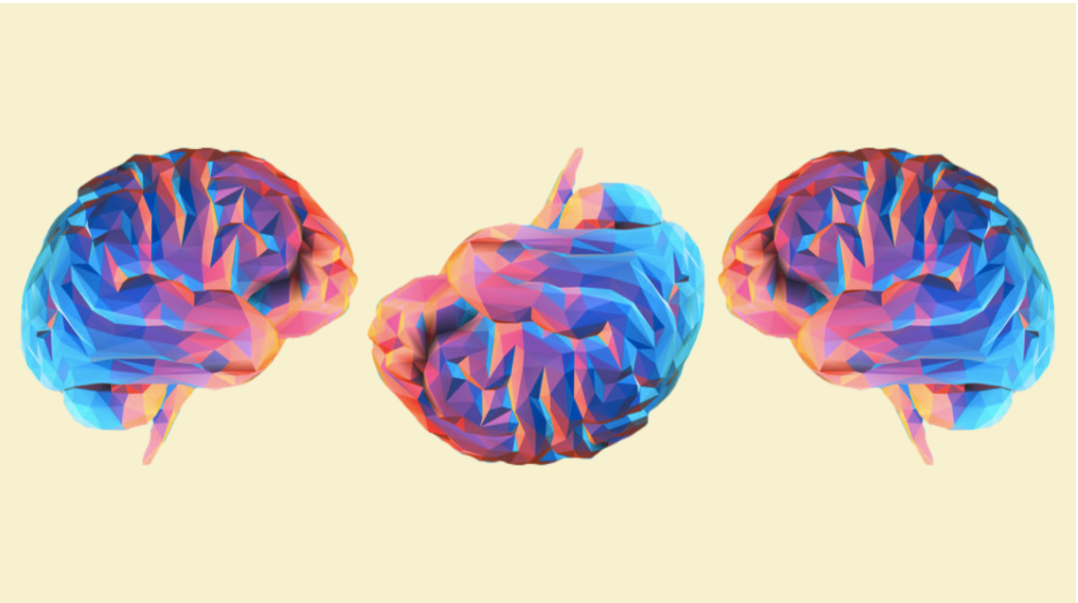Meet Rahul, he is absolutely amazing at data analytics. His combination of skills is highly uncommon. Many software companies desire a candidate like this. Finding a job for him must be a walk in the park for him. Although that’s not true it’s extremely difficult or him to get through the interview process. When you observe him for a while you start to see the whole picture. He does not look you in the eyes. He has to have his desk organised to the T in order to be able to concentrate on work to the point all the pens and pencils have to be colour coded. He has to have his favorite pen with him at all times otherwise panic ensues. Rahul has Autism Spectrum Disorder. Rahul needs certain workplace changes to happen in order to function at his best. Slowly but surely a growing number of people are realising the value of the talent and skills that individuals like Rahul bring and they are being recognised and sought after instead of making adjustments for.
The way the majority of our current system functions we have room for only particular skill sets and we almost make the difference in our behaviour and brain nullified. For example, intelligence was earlier bifurcated into logistical and linguistic and we had assessments that were only equipped to measure these and thus most of our work spaces only took people who were good at these skills. If you weren’t good at these, life became difficult, it was difficult to adjust to schools that awarded excellence in only these or difficult to find a job. This is harmful as we are not accounting for everybody.When we favour only two abilities, our systems become too narrow to include and account for all the skills and abilities we possess as humans.
Neuro-diversity is a theory that states that differences in brain function and behavioural traits are normal variation and individuals who are neuro-diverse are as mainstream as those who aren’t. Previously this term was only used to describe the diversities of individuals with Autism Spectrum Disorder but now includes people with learning disabilities and Attention Deficit Hyperactivity Disorder. The brain can be diverse, the milestones we achieve at various ages can be diverse, and all of it is normal.
It is important that we create an inclusive environment for the neurodiverse to thrive from our education to workplaces. On an individual. level, work is important as it provides us with a sense of economic security and personal well being. Work is related to a sense of achievement, self-esteem and mental health. It provides us with a structure to the uncertainty, an opportunity to socialise and develop a social identity and regular activity which is the key to a healthy lifestyle. By making space for neurodiverse individuals in our systems such as education and the workplace not only the individual but society at large also receives tangible benefits. Hiring neurodiverse people will not only fuel innovation but will also have a favourable impact on the economy each time a previously unemployable person becomes employed.
References
Doyle, C., Kavanagh, P., Metcalfe, O., & Lavin, T. (2005). Health impacts of employment: A review. Dublin, Ireland: The Institute of Public Health in Ireland. Retrieved from https://www.publichealth.i/ublication/ealthimpactsofemploymentareview.Google Scholar
Krzeminska, A., Austin, R., Bruyère, S., & Hedley, D. (2019). The advantages and challenges of neurodiversity employment in organizations. Journal of Management & Organization, 25(4), 453-463. doi:10.1017/jmo.2019.58
Meet The Author

Zahra is and always will be the optimist, the hoper of far-flung hopes and the dreamer of improbable dreams.She believes that imagination and stories are the greatest resources for humanity. She loves everything science fiction and likes learning about philosophy and history along with mental health of course. She cares for herself by treating herself with dark chocolate, walks and painting her versions of starry nights and yin and yang koi fish symbols.







